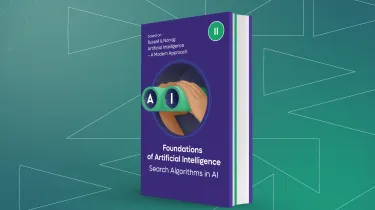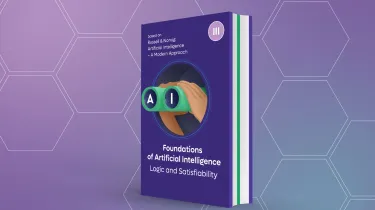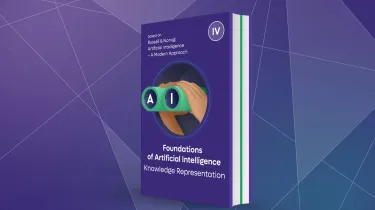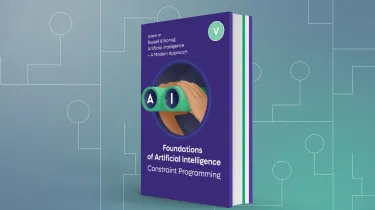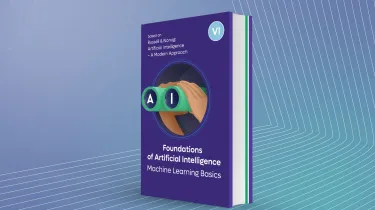Methods of AI I – Intelligent Agents
This course reviews the history of AI and discusses the metaphor of the rational agent that maximizes its performance based on its perceptions and knowledge of the world.
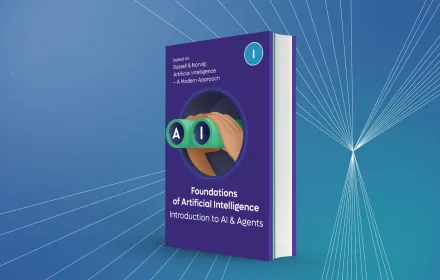
Overview
The first part of this course reviews the history of AI from Alan Turing’s seminal paper on “Computing Machinery and Intelligence” and the inception of AI as a research field during the Dartmouth Conference in 1956 to the latest developments in the field as reflected in the 20-year community roadmap as defined by the US American AI community.
The second part of the course discusses the metaphor of the rational agent that seeks to maximize its performance based on its perceptions and knowledge of the world. The course introduces methods for modeling agents and their environments and for measuring an agent’s performance. It also reviews various agent architectures and discusses their capabilities and limitations.
This course is partially based on chapters 1, 2 and 27,28 of the textbook by Stuart Russell and Peter Norvig: Introduction to Artificial Intelligence - A Modern Approach.
The course is held in English language with German subtitles.
Which topics will be covered?
Part 1: History of AI
- Alan Turing’s paper “Can Machines Think” and the Dartmouth conference in 1956
- Four possible directions of AI research and major historic phases of AI
- Turing Test
- Ethical questions
- The 4 big A of AI search and the US AI community roadmap for AI research
Part 2: Intelligent Agents
- Metaphor of the rational agent
- Modeling an Agent
- Performance measure and utility function
- Properties of agents and environments
- The PEAS description of an agent/environment system
- Agent architectures
What will I achieve?
By the end of the course, you‘ll be able to...
- reflect on the history of artificial intelligence and its current challenges,
- understand the basic design of intelligent systems based on the concept of the rational agent and its architecture,
- discuss current challenges and potential future directions of AI research.
Which prerequisites do I need to fulfill?
None.






